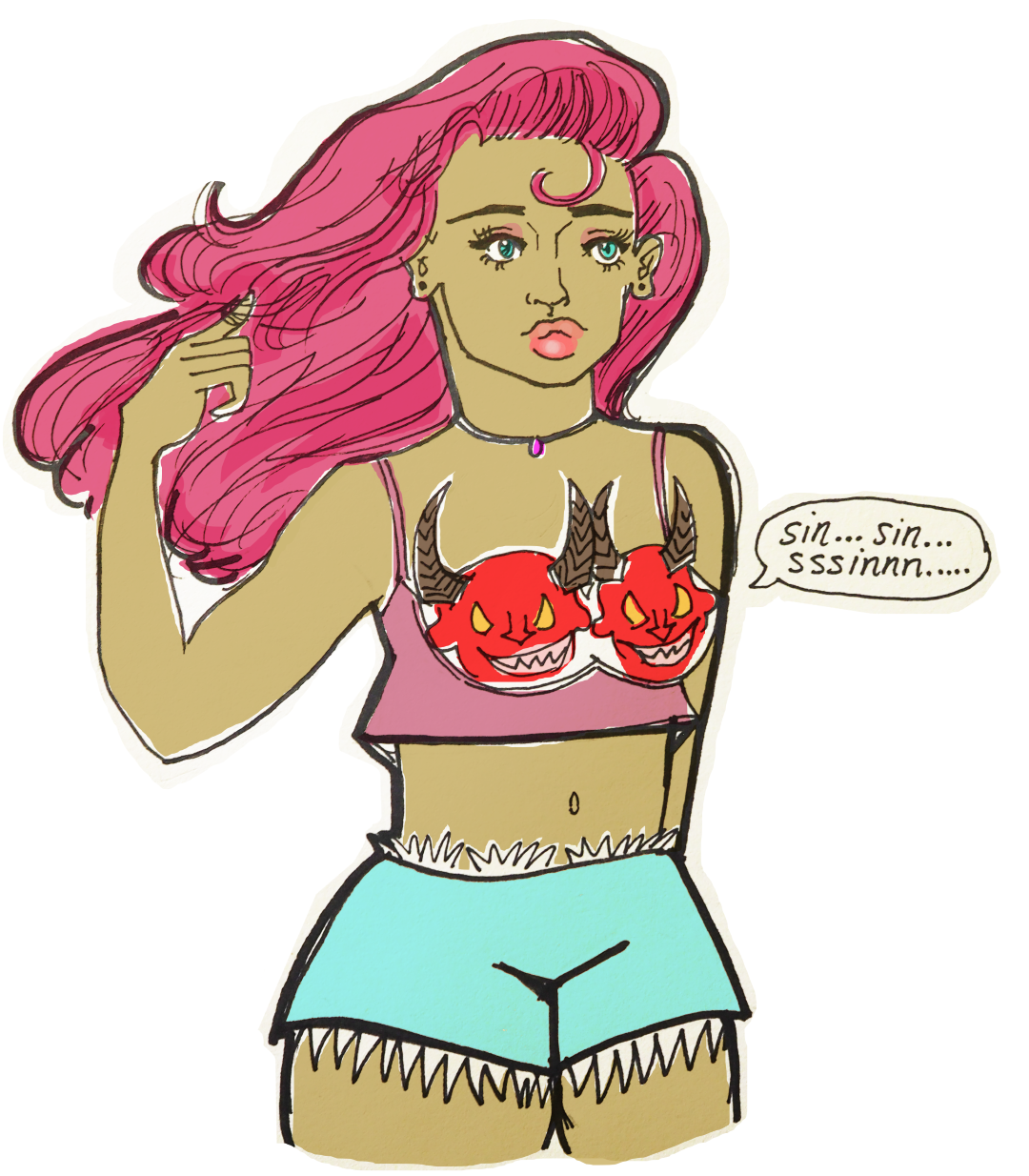Shapes and numbers may be ruining your relationships
By Angela Espinoza, News Editor
In an age where people are finding more opportunities to use fewer words, emoticons have triumphed as the millennial alphabet. But as young adults are finding basic communication more difficult—even daunting—could our emoticons become lost in translation as well?
Douglas College student Mina Bellingham, a first-year in the Communications program, felt emoticons have provided easier ways to avoid answering difficult questions. “On my last quiz, our professor asked us to write a paragraph on the societal effects of advertising,” said Bellingham. “I’ve never thought about advertising before, and I wasn’t going to start now, so I just put a ‘sad face.’”
When Bellingham received her quiz back, she was neither surprised nor disappointed by her lack of a grade. “I’m not going to pretend like I tried, but I certainly tried to try, or I wouldn’t have written anything.”
Another Douglas student, Greg Ferdinand, had stronger opinions on the use of emoticons when tackling serious subjects.
“There’s this girl in my computer science class I was getting along with, so we traded numbers,” said Ferdinand. “We’ve been hanging out a lot the last couple of weeks, so the other day I texted her to see if she wanted to go on an actual date.”
Ferdinand was not emotionally prepared for the emoticon he received.
“All she sent was a ‘winky face,’” Ferdinand said. “Not a ‘yes’ or ‘no,’ or even a ‘maybe.’ Just a semicolon next to an end-bracket.” Ferdinand remained silent for a moment and shook his head. “It was such a straightforward question.”
Ferdinand, who is set to graduate from his Computer Science and Information Systems program in April 2015, felt traumatized by the experience. “I want to be a programmer; I work with keyboard keys like semicolons and brackets everyday. How can I look at those keys the same way now?”
When I asked Bellingham and Ferdinand their opinions of “heart” emoticons, their views once again differed.
“I love sending ‘hearts,’” said Bellingham. “They’re a great way to say ‘love’ in half the letters—albeit with more numbers and math symbols.”
Ferdinand however, perhaps more bitter by the end of our interview, had harsher opinions on the usage of a less-than symbol next to the number three.
“People today just throw ‘hearts’ around,” said Ferdinand. “Things aren’t like they were 10 years ago; it used to be when you wrote, ‘I less-than-three you,’ it meant something. Now people just type that about anything.”

